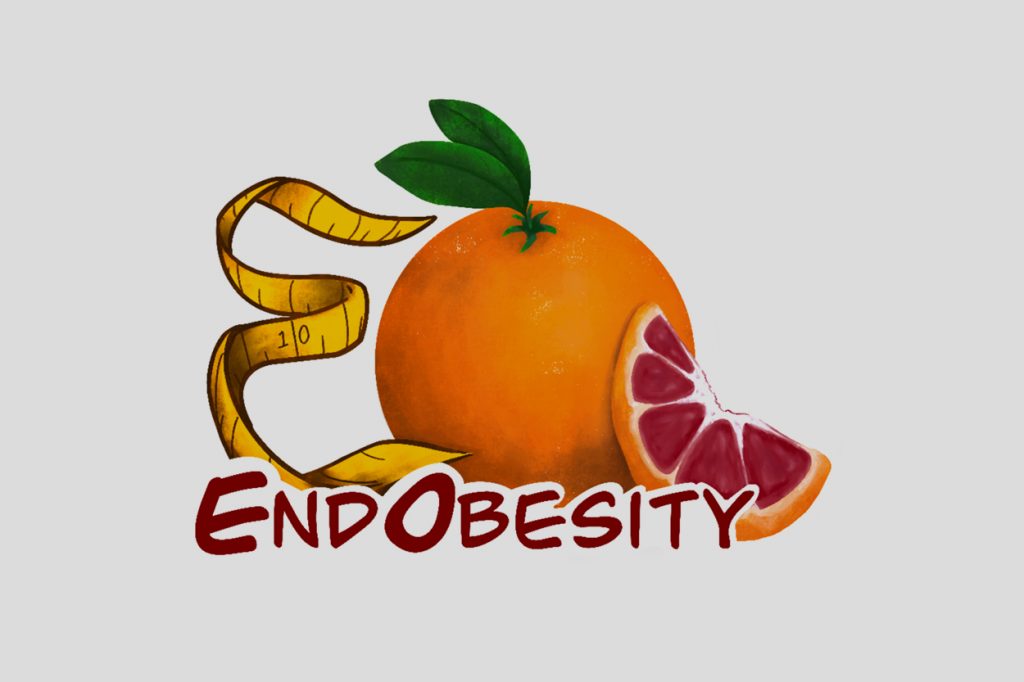EndObesity – First 1000 days – Strategies to Prevent Childhood Obesity
Background
Besides the child’s short-term and long-term health issues and reduced quality of life, childhood obesity is a major public health problem, causing high societal costs.
Factors influencing the risk for childhood obesity are diverse and impact the development of childhood obesity not first during childhood itself, but already during the earliest phases of life. Essential for the child’s health and development are the first 1000 days, the period between conception until the end of its second year of life. And unfavourable conditions during this period seem to have a major effect on the development of childhood obesity. Therefore, the first 1000 days are an important window of opportunity to support the child’s health and development not only on the short but also on the long term.
Among triggers for childhood obesity, unhealthy maternal and offspring lifestyle factors were shown to be major risk factors and to significantly contribute to the occurrence of its comorbidities. Thus, the modification and avoidance of unhealthy lifestyle factors are important starting points for the development, implementation, and evaluation of evidence-based prevention strategies, which are highly required.

What are the objectives of EndObesity?
The aim of the EndObesity project is to identify family-based barriers and facilitators during preconception, pregnancy and early childhood which are associated with childhood obesity. This is approached by developing a dynamic population-based prediction model which is aiming at identifying children who are at risk of becoming obese.
Also, innovative and evidence-based strategies to prevent childhood obesity will be developed to improve family lifestyle, including nutrition and physical activity behaviour, from preconception until early childhood. A targeted implementation is aimed for by using both strategies on a population level as well as on a group level specified for high-risk groups.
Ultimately, the developed strategies will be implemented and evaluated with the support of an extensive network including existing and new partnerships with the healthcare industry, governments, educational institutions, industry stakeholders and parent organisations.
Who is taking part in the study?
6 partners and 2 collaborators from 5 countries:
Partners:
Erasmus University Medical Center Rotterdam (Netherlands)
Saraphati Amsterdam (Netherlands)
Insitut national de la santé de la recherche médicale (France)
Ludwig-Maximilians-Universität München (Germany)
University College Dublin (Ireland)
Institut d’Investigació Sanitària Pere Virgili (Spain)
Collaborators:
European Foundation for the Care of Newborn Infants (European)
Healthy Start -Young Family Network (Germany)
The role of EFCNI
EFCNI is involved in several project work packages and
- will contribute to the development, implementation and evaluation of early childhood prevention strategies
- will support the development and evaluation of dissemination material for parents and caregivers of preterm and term born babies
- will conduct focus group workshops with parents and caregivers of preterm and term born babies to ensure the consideration of their perspective
Note about funding
This project has received funding from the European Union’s Horizon 2020 research and innovation programme under the ERA-NET Cofound action N° 727565.

